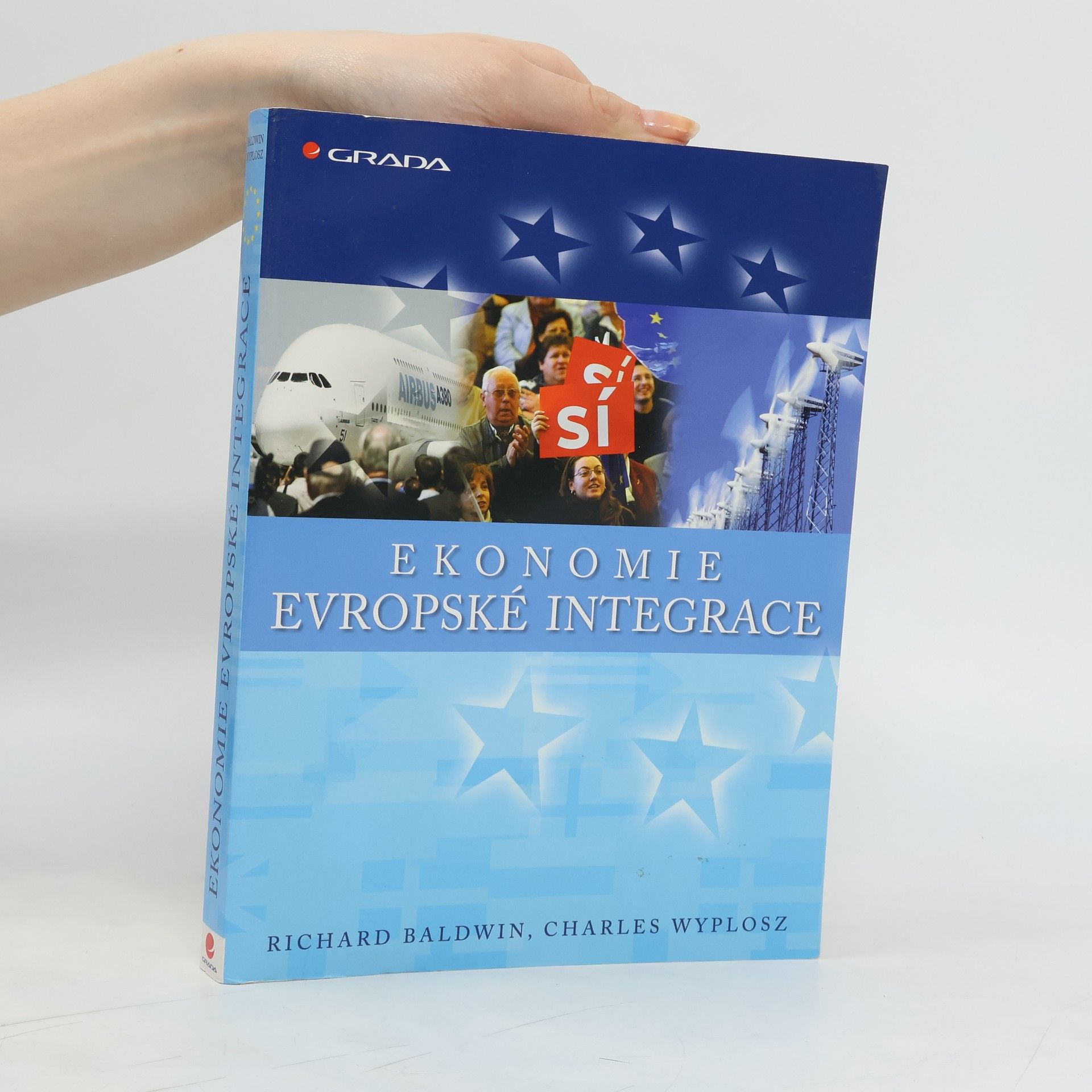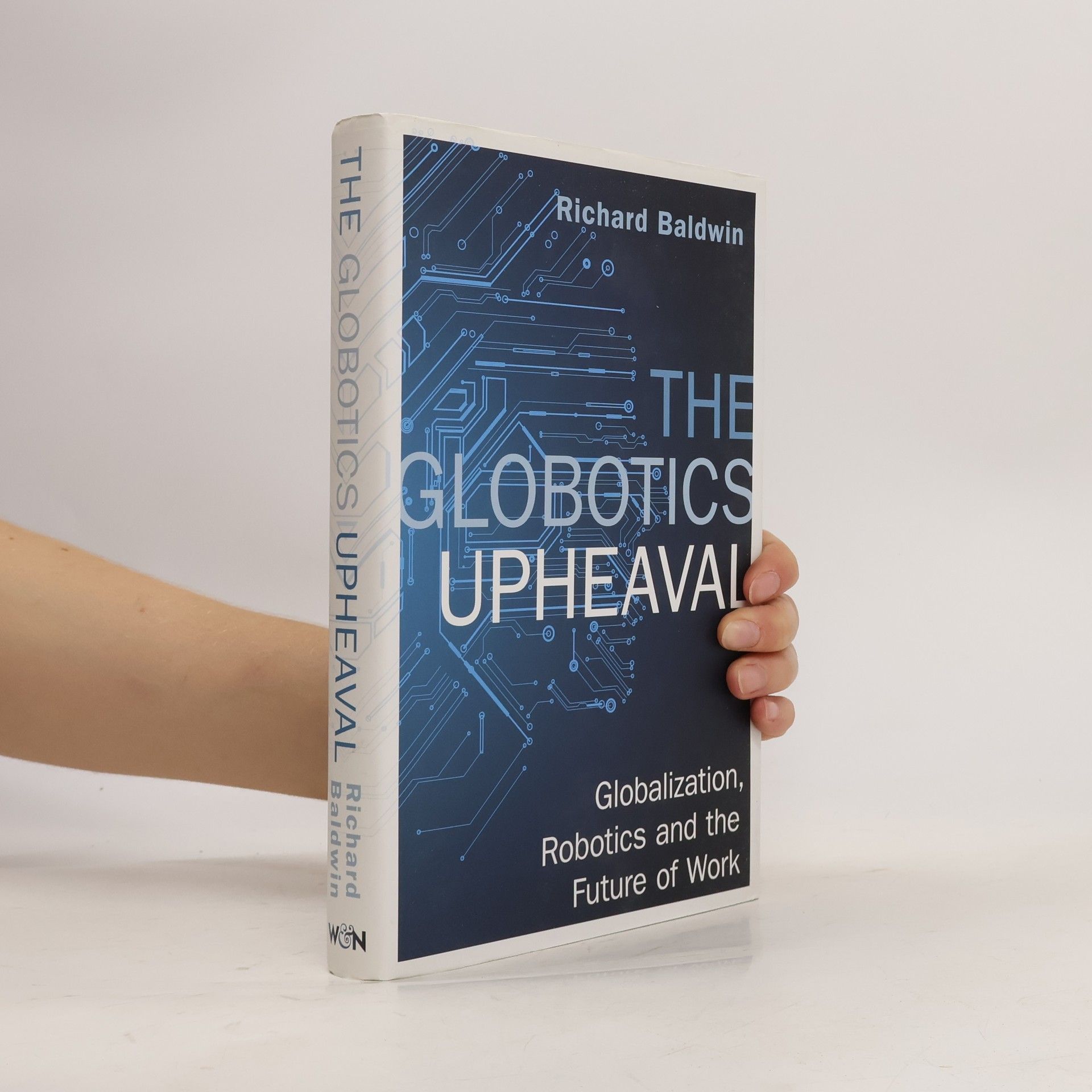The Globotics Upheaval
- 304pages
- 11 heures de lecture
The Rise of the Robots for the masses. How to survive in a world of virtual globalisation.



The Rise of the Robots for the masses. How to survive in a world of virtual globalisation.
Appendices of economic theory or further explanation are provided where required, and there is also a range of online resources and current affairs updates to accompany the book.
Úvod do problematiky evropské integrace, mikroekonomie evropské integrace a její mikroekonomické politiky, makroekonomie měnové integrace.